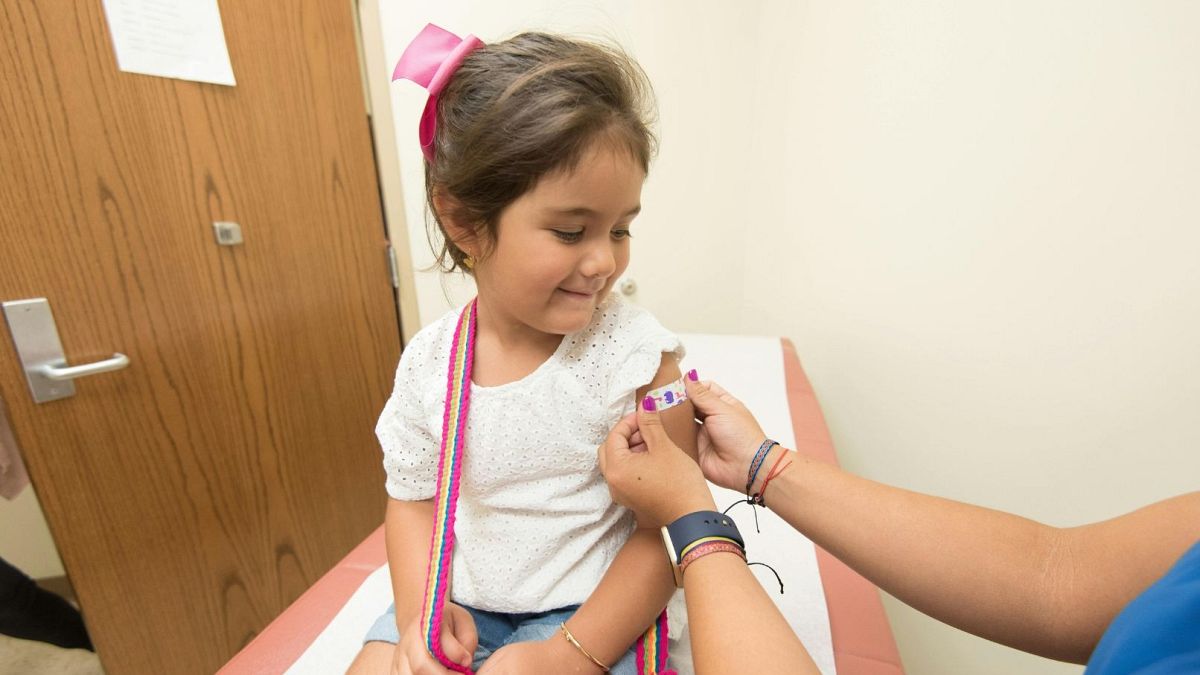

In our interconnected world, health remains a central concern, with distinct challenges and successes emerging in various regions. This mindful exploration draws attention to childhood vaccination rates in Europe, the pressing health crisis in the Gaza Strip, and the encouraging decline in teenage vaping in Australia. Through these lenses, we seek to understand the complexities and opportunities within public health today.
Across Europe, health officials are noting a concerning trend of declining childhood vaccination rates. This complacency regarding routine vaccinations has created fertile ground for the spread of misinformation, potentially leading to increased vulnerability among children to infectious diseases such as measles. Historically, Europe has achieved success in controlling these diseases through effective vaccination programs. However, recent years have witnessed a shift, with vaccination rates faltering and subsequent concerns about possible outbreaks. Health experts urge a renewed commitment to vaccination education to counter misinformation and safeguard against preventable diseases. By fostering awareness and support for vaccinations, we can protect future generations from serious health threats.
In stark contrast to the triumphs achieved by vaccination programs elsewhere, the Gaza Strip faces a multifaceted health crisis exacerbated by a severe heatwave. The soaring temperatures have intensified already dire conditions for displaced and injured residents. Critical shortages of water, inadequate sanitation, and lack of space continue to challenge public health infrastructure. These environmental and infrastructural challenges place immense pressure on healthcare facilities and communities. Despite these hurdles, humanitarian efforts persist, aiming to provide relief and address the acute needs of the population. This situation highlights the importance of international support and sustainable solutions to improve living conditions and bolster the region’s healthcare resilience.
In a positive development, Australia is witnessing a promising trend in public health with the decline in teenage vaping rates. Recent data indicates that vaping rates among adolescents aged 14 to 17 have decreased from 17.5% to 14.6% within a few months this year. This decline suggests that awareness campaigns and governmental interventions are starting to resonate with youths. Mark Butler, the nation’s health minister, attributes this change to a combination of policy measures and societal shifts, where vaping is increasingly perceived as less appealing among young Australians. The progress in reducing vaping rates marks a critical step toward better health outcomes for the younger population and serves as an example of effective public health policy.
In all these scenarios, education plays a crucial role in shaping public health outcomes. From bolstering vaccination rates in Europe to implementing effective educational campaigns against vaping in Australia, informed communities are resilient communities. As public health efforts continue across the globe, it is essential to tackle each challenge with compassion, science, and unity. Through innovative solutions and collaboration, progress in health and wellbeing can be achieved, fostering safer, healthier environments for all.
Reflecting on the diversity of these health issues, a common thread emerges: the need for continued vigilance and the power of collective action. Whether confronting the volatile environment in Gaza or celebrating the decrease in teenage vaping, each story underscores a commitment to improving health systems and outcomes. As we move forward, nurturing a sense of global solidarity and shared responsibility will be key in addressing health challenges and enhancing quality of life for every individual. Each step taken in advocating for health, whether through policy, education, or direct aid, contributes to a brighter, more hopeful future.
Source: {link}
